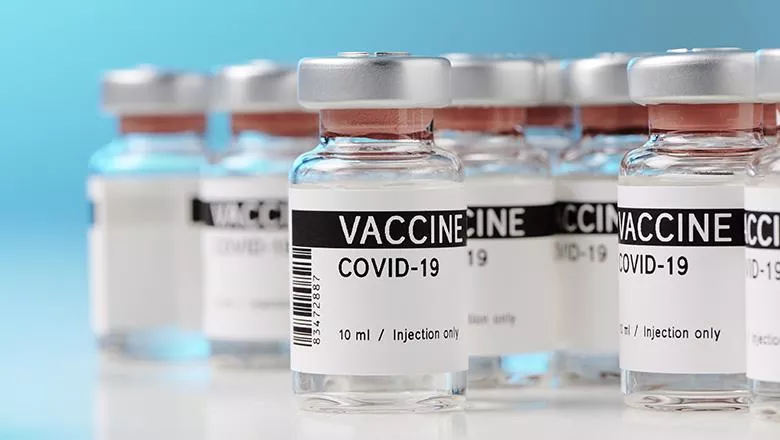22 September 2021
Decline in trust of scientists driven by those with 'little previous training' in the subject
Distrust in scientists and a reluctance to follow health-related advice is more prevalent among people with little scientific education, a new study has found.

Past epidemic exposure, particularly in a person’s impressionable years (ages 18-25), also negatively shaped long-term attitudes towards vaccination and reduced the likelihood of that person agreeing to be vaccinated against diseases.
The findings were revealed in a new paper, Revenge of the Experts: Will COVID-19 Renew or Diminish Public Trust in Science? authored by Dr Cevat Giray Aksoy, Assistant Professor of Economics at King’s College London and Principal Economist at the EBRD; Professor Barry Eichengreen, from the University of California, Berkeley; and Dr Orkun Saka, Lecturer at City, University of London.
Dr Aksoy, from the Department of Political Economy, said: “We found that exposure to previous epidemics had no impact on views of science as an endeavour, but it significantly reduced trust in scientists and in the benefits of their work.
“We also found the decline in trust was driven by the individuals with little previous training in science subjects, and vaccine scepticism was greatest among individuals who had experienced epidemics at first hand, in their country of residence, and specifically when they are in their ‘impressionable years’ of 18 to 25.
“The loss of trust in scientists has implications for actual behaviour.”
D Aksoy said that transparency about risks to safety, if any, and consistent messaging by public health experts could help with take-up but that messaging by certain politicians that COVID-19 is not a serious health threat – and in some cases, even questioning whether the threat exists – may cause people who support those politicians’ other policies to question whether a vaccine is necessary or effective.
Data for the study was drawn from global epidemics since 1970 and merged with the responses to the 2018 Wellcome Global Monitor survey, which covered 70,000 people across 160 countries.
Looking at the likely implications for the COVID-19 pandemic, the study suggested that while the individual reputation of scientists was likely to suffer, there was unlikely to be a negative effect on the perception of doctors, nurses, and others responding to the pandemic.
Dr Aksoy said: “At a minimum, our findings suggest that scientists working on public health matters and others concerned with scientific communication should think harder about how to communicate trustworthiness and honesty and, specifically, about how the generation currently in their impressionable years - Generation Z - perceives such attributes. In addition, our results suggest that scientific education will help.”
You can read the paper in full here.

